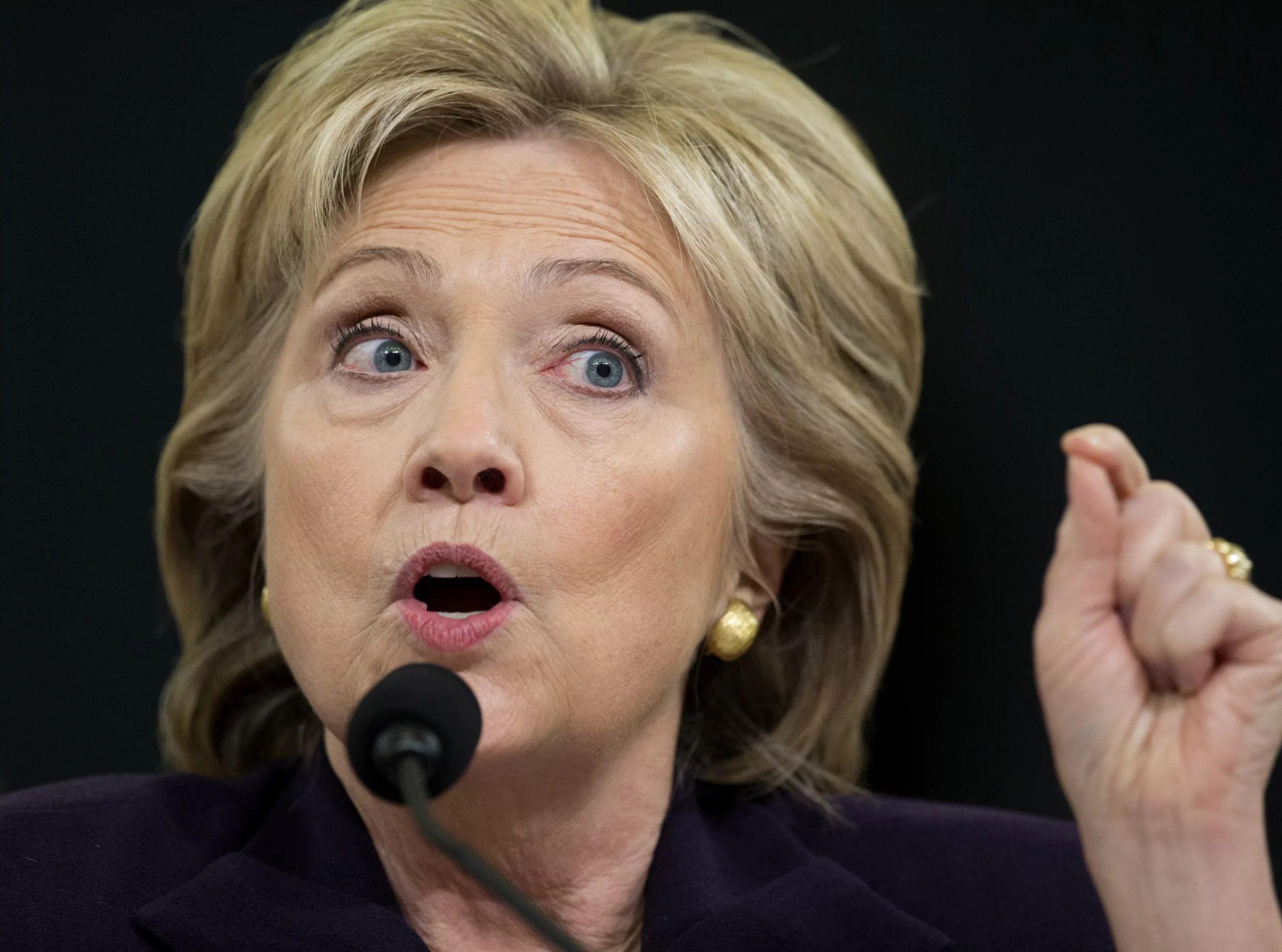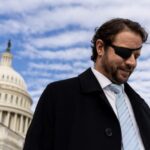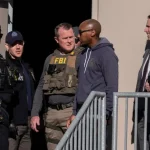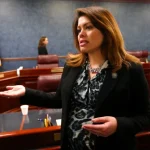

A federal appeals court today said Hillary Clinton’s 2016 campaign and a liberal super PAC crossed federal election lines when they flaunted their coordination in a multimillion-dollar effort to defend the Democrat in her losing bid against Donald Trump.
In the landmark decision, the U.S. Court of Appeals for the District of Columbia Circuit said Clinton and the super PAC Correct the Record improperly used an “internet exemption” to sidestep other restrictions to set up a “Benghazi Hearing War Room” and conduct a witch hunt of critics without reporting it as a campaign expense.
Neither Clinton nor Correct the Record founder David Brock will be punished under the 36-page decision that instead scolded the Federal Election Commission for not investigating a complaint about the spending. It sent the case to the FEC to fix the exemption.
“We hold that the Commission acted contrary to law in dismissing the complaint. Because we conclude that the internet exemption cannot be read to exempt from disclosure those expenditures that are only tangentially related to an eventual internet message or post, the Commission’s reading of the internet exemption stretches it beyond lawful limits,” the court said.
FEC Chairman Sean Cooksey told Secrets that the commission accepted the court’s decision and that he will fight for a “robust” exemption for online political activities.
“Following the D.C. Circuit’s decision today, my colleagues and I will carefully review the court’s opinion and consider next steps, including whether to seek review in the Supreme Court. Regardless, I will continue to fight for internet freedom at the FEC and a robust regulatory exemption for political activities online, consistent with the law,” he said.
The case dates to the 2016 campaign when Brock set up his group and told the media that he would coordinate with the Clinton campaign. That appeared to violate rules barring PAC and candidate coordination.
But the group said since it was going to do its business on the internet, it would tap into a 2006 FEC “internet exemption” to get around that rule.
The appeals court said Brock went too far and that Clinton’s campaign should have acknowledged the spending as a donation.
The court said that Brock’s group spent $5.95 million and hid its spending behind the internet exception that was created to protect freewheeling online political commentary and low-dollar support for candidates.
The court also said the FEC went too far in its “capacious construction” of its interpretation of the internet exception to include spending on polls, staff, and rent of Correct the Record.
“The internet exception was never intended as a [Federal Election Campaign Act]-swallowing loophole enabling political committees to launder all their coordinated expenditures via unpaid internet postings,” the court said.
The spending and coordination was challenged by the Washington-based Campaign Legal Center when the FEC deadlocked on investigating the case. At the time, the six-member commission was down two commissioners.
In sending the issue back to the FEC, the court saved the internet exemption for now.
That pleased former FEC Chairman Lee Goodman, who has long championed the exemption to protect online political discussion.
“It did appear that the Clinton campaign and Correct the Record tried to place too much weight, and force too many far-flung political activities, onto the internet exemption,” he told Secrets. “The entire internet exemption was at risk under that kind of weight, but the court preserved the internet exemption. So the most important result of this court decision is that the internet exemption remains intact for organizations to speak freely on the internet.”
SEE THE LATEST POLITICAL NEWS AND BUZZ FROM WASHINGTON SECRETS
Goodman also said setting limits on how much internet-related spending was a good idea so that well-funded super PACs don’t try to hide coordinated attacks behind it.
“The court sent the matter back to the commission to clarify which input costs are directly related to the production and dissemination of free internet communications, like staff time and production costs, versus costs that are only tangentially related to internet communications. I’m confident the commission can draw reasonable distinctions and provide clear guidance to protect free speech on the internet,” he said.






